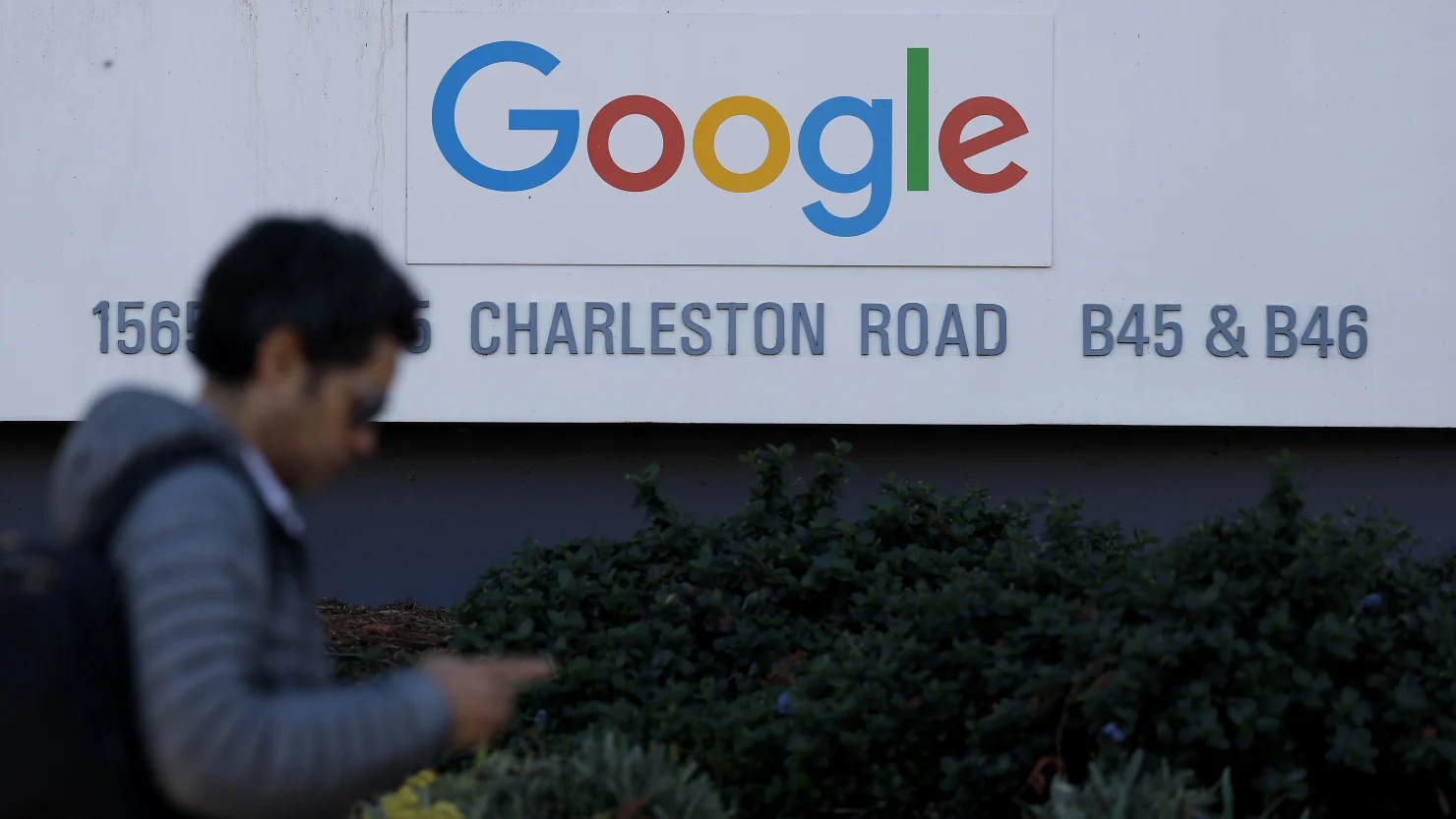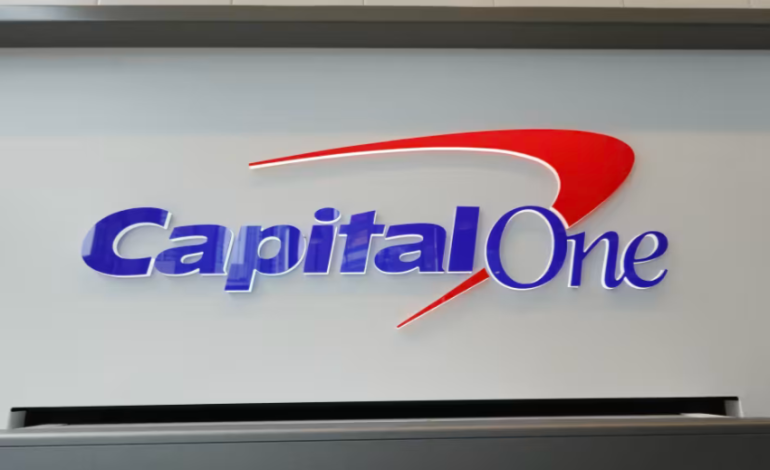Capital One Financial Corp. has officially completed its $35.3 billion acquisition of Discover Financial Services, capping off months of regulatory scrutiny and public debate.
The transaction, first announced in February 2024, marks a significant transformation for Capital One, positioning it as the sixth-largest US bank by assets and signaling an even sharper focus on credit-card lending.
The merger brings together two major players in consumer finance, with Capital One gaining not only Discover’s robust credit card portfolio but also its proprietary payment-processing network. This places Capital One in a more competitive stance against transaction network giants such as Visa, Mastercard, and American Express — the latter of which, like Discover, operates its own closed-loop payment system.
With the integration of Discover, card loans now make up a larger portion of Capital One’s lending portfolio. As of the first quarter, card lending accounted for 49% of Capital One’s average loans held for investment. Post-merger, that figure is expected to grow further, reinforcing the company’s identity as a credit-card-focused bank.
From a market valuation standpoint, Capital One’s stock has drawn increased interest. As of Friday, shares had returned 10.9% for the year, while Discover’s stock had returned 16% amid rising investor optimism over the deal’s completion. By contrast, the KBW Bank Index had posted a 2.8% gain over the same period.
Despite the run-up, analysts suggest Capital One’s stock remains attractively priced. Based on a 2027 earnings-per-share (EPS) estimate of $22.42 from Keefe, Bruyette & Woods analyst Sanjay Sakhrani, the stock would be trading at a forward price-to-earnings (P/E) ratio of 8.8, significantly below the broader market and bank sector averages.
For context, the average forward P/E for the 20 largest US banks is 12.5, while the average based on 2027 EPS estimates is 9.8. Capital One’s corresponding multiples stand at 11.7 and 9.1, respectively — slightly higher than Sakhrani’s 8.8 estimate but still below the peer average. By comparison, the S&P 500’s current forward P/E is 21.6, far above the banking sector’s 12.2.
Sakhrani sees Capital One as undervalued and highlighted potential upside in his Sunday client note, citing benefits from cost synergies, improved credit performance from Discover’s portfolio, and share buybacks. He also posited a more bullish scenario with $30 EPS potential by 2027.
“With shares trading at a material discount to bank peers on average, we believe COF warrants a more in-line multiple,” Sakhrani wrote, noting potential for stronger capital returns and broader product diversification.
The consensus 12-month price target for Capital One is $216.32 — roughly 10% above Friday’s closing price — though analysts suggest that long-term investors may reap even greater rewards.
The merger could also impact consumers and the competitive landscape in more nuanced ways. Discover’s customers currently see no immediate change, with both institutions stating that account access and services remain unchanged. Over time, Discover cardholders may benefit from Capital One’s extensive branch and ATM network, as Discover previously had only one physical location.
For Capital One customers, the expanded infrastructure could mean more product offerings and, possibly, greater access for underserved communities. The company has argued the deal enhances competition by creating a new challenger to dominant networks and offering more attractive terms for low-income customers, such as cash-back debit cards and free checking accounts.
Still, not everyone is convinced. Prominent lawmakers including Sen. Elizabeth Warren and Rep. Maxine Waters have raised alarms, claiming the merger could reduce competition in the credit card market. In a letter to regulators, they pointed out that the combined entity would control around 40% of the general-purpose credit card market, which could lead to higher merchant fees and diluted rewards for customers.
Critics also noted Discover’s past compliance issues, including the misclassification of millions of consumer cards, which resulted in higher fees. Whether Capital One can address such legacy issues remains to be seen.
Supporters of the deal, including economists from the International Center for Law & Economics, argue the merger could strengthen competition and data security. They believe that increased scale will enable better product innovation and investment in cybersecurity, benefiting both customers and the broader market.
Market Watch and Business Insider contributed to this report.










The latest news in your social feeds
Subscribe to our social media platforms to stay tuned